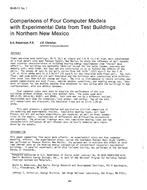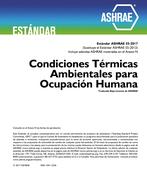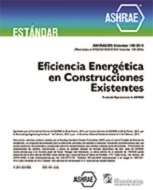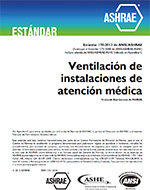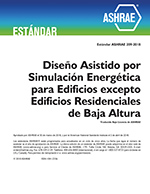Description
Eight one-room test buildings, 20 ft (6.1 m) square and 7.5 ft (2.3 m) high, were constructed on a high desert site near Tesuque Pueblo, New Mexico, to study the influence of wall dynamic heat transfer characteristics on building heating energy requirements (the “thermal mass effect”) . The buildings are nominally identical except for the walls (adobe, concrete and masonry unit, wood-frame, and log) and are constructed so as to isolate the effects of the walls . The amount of mass in the walls varies from 240 lb/ft2 (1171 kg/m2) for the 2 ft (.61 m) thick adobe wall to 4.3 lb/ft2 (21 kg/m2) for the insulated wood-frame wall. The roof, floor, and stem walls are all well insulated and the buildings were constructed with infiltration rates less than 0.4 air change per hour. The site is instrumented to record building component temperatures and heat fluxes, outside weather conditions, and heating energy use. Data were collected for two heating seasons from midwinter to late spring with the buildings in two configurations, with and without windows.
Four computer codes were used to simulate the performance of the test buildings without windows, using site weather data. The codes used were DOE-2 .1A, DOE-2 .1C, BLAST, and DEROB. Each code was run by a different analyst. Simulations were done for midwinter, late winter, and spring. Two of the test cell comparisons are discussed; the insulated frame and an 11-in (.28 m) adobe.
This work presents a quantitative and qualitative critical comparison of the modeling and experimental results. Cumulative heating loads, wall heat fluxes, and air and surface temperatures are compared, as well as input assumptions to the models. Explanations of differences and difficulties encountered are reported. The principal findings were that cumulative heating loads and the characteristic influences of wall thermal mass on hourly behavior were reproduced by the models.
Units: Dual
Citation: Symposium, ASHRAE Transactions, 1985, vol. 91, pt. 2B, Honolulu, HI
Product Details
- Published:
- 1985
- Number of Pages:
- 17
- File Size:
- 1 file , 1.5 MB
- Product Code(s):
- D-HI-85-11-1
